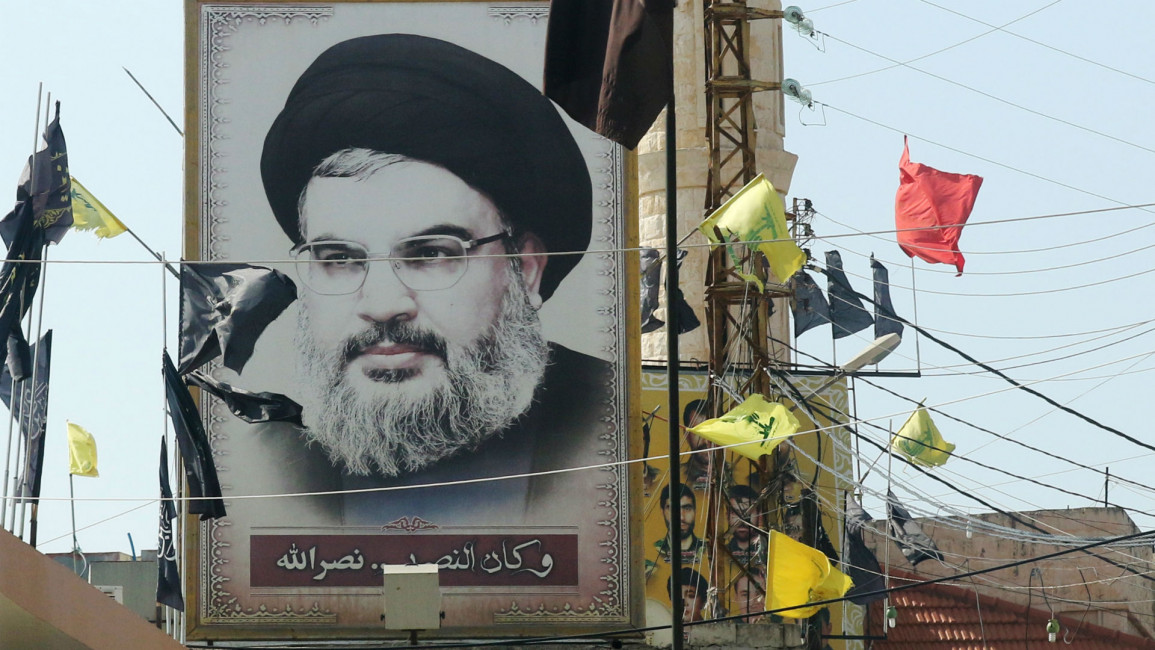'Fundamental anomaly': UN chief urges Hizballah to halt military action in Syria
In a report to the Security Council obtained on Monday by The Associated Press, Guterres also called on Lebanon's government and armed forces "to take all measures necessary to prohibit Hizballah and other armed groups from acquiring weapons and building paramilitary capacity" outside the authority of the state.
He said Hizballah's military activity violates a 2004 Security Council resolution ordering all Lebanese militias to disarm and the Taif Accords that ended the country's 1975-90 civil war.
In the semi-annual report on implementation of the 2004 resolution, the secretary-general said Hizballah's engagement in the Syrian conflict also violates Lebanon's official policy of "disassociation", or neutrality in regional affairs.
Guterres said the report demonstrates Hizballah's failure to disarm and "its refusal to be accountable" to state institutions that the UN resolution sought to strengthen.
"In a democratic state, it remains a fundamental anomaly that a political party maintains a militia that has no accountability to the democratic, governmental institutions of the state but has the power to take that state to war," he said.
 |
Guterres said the report demonstrates Hizballah's failure to disarm and "its refusal to be accountable" to state institutions |  |
Israel and Lebanon have been in a state of war for decades and do not have diplomatic relations. In the summer of 2006, Israel and Hizballah fought a month-long war.
|
The border with Israel has remained mostly quiet since then, but Guterres said an alleged increase in Hizballah's arsenal poses "a serious challenge" to the Lebanese government's ability to exercise authority and sovereignty over the entire country.
"I call upon countries in the region that maintain close ties with Hizballah to encourage the transformation of the armed group into a solely civilian political party, and its disarmament," Guterres said.
He did not name Iran, a strong supporter of Hizballah in Syria and elsewhere. Both are strong supporters of Syrian President Bashar al-Assad's government.
Guterres said Hizballah's military arsenal and involvement in Syria continue "to be denounced by a number of voices in Lebanon, who consider those issues to be destabilising factors in the country and ones that undermine democracy".
In addition, he said, "many Lebanese see the continued presence of such arms as an implicit threat that those could be used within Lebanon for political reasons".
Hizballah is considered a terrorist group by the US, but its political wing has long held seats in the Beirut parliament and was part of Lebanon's outgoing coalition government.
Lebanese analysts say the next cabinet, like the outgoing one, will likely be a unity government that includes Hizballah.



